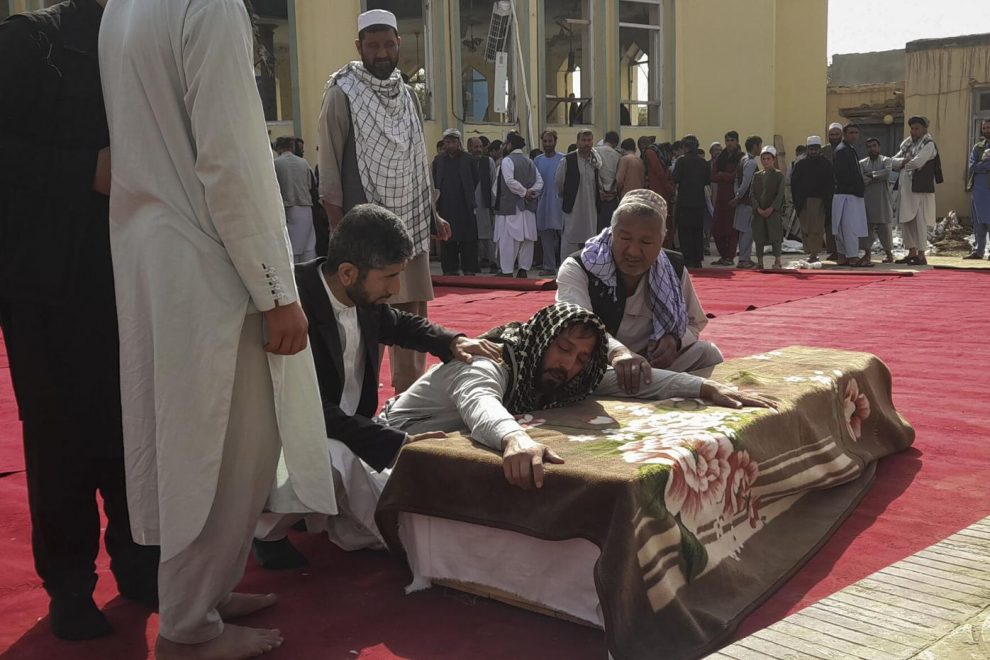Concerns about Afghanistan continue to mount after the United States’ disastrous withdrawal led to the terrorist group Taliban taking over in August. On Saturday, the Taliban said it would not work with the U.S. to combat extremism in the country, insisting it would handle other terrorist groups like ISIS on its own.
“We are able to tackle Daesh independently,” Taliban political spokesman Suhail Shaheen, using the Arabic acronym for the terrorist group ISIS, told the Associated Press.
The statement comes just hours before senior Taliban officials and representatives from the U.S. are set to meet to discuss extremist groups and evacuating the remaining U.S. citizens and Afghans with special visas from Afghanistan. The Taliban’s statement regarding cooperation on containing extremism could complicate the meeting.
U.S. officials will ask the Taliban to uphold its commitment to letting the remaining U.S. citizens and other foreign nationals leave Afghanistan, along with any Afghans who assisted the U.S. during the war.
“The weekend meetings in Doha are the first since U.S. forces withdrew from Afghanistan in late August, ending a 20-year military presence, and the Taliban rose to power in the nation. The U.S. has made it clear the talks are not a preamble to recognition,” the AP reported. “The talks also come on the heels of two days of difficult discussions between Pakistani officials and U.S. Deputy Secretary of State Wendy Sherman in Islamabad. The focus of those talks was also Afghanistan. Pakistani officials urged the U.S. to engage with Afghanistan’s new rulers and release billions of dollars in international funds to stave off an economic meltdown.”
Pakistan officials also implored the Taliban to be more inclusive by recognizing human rights and Afghanistan’s minority ethnic and religious groups.
On Friday, an Isis bomber killed 46 inside an Afghan mosque, the AP explained:
Afghanistan’s Shiite clerics assailed the Taliban rulers following Friday’s attack demanding greater protection at their places of worship. The IS affiliate claimed responsibility and identified the bomber as a Uygher Muslim. The claim said the attack targeted both Shiites and the Taliban for their purported willingness to expel Uyghers to meet demands from China. It was the deadliest attack since foreign troops left Afghanistan at the end of August.
Experts worry the attack is just the beginning, as the Taliban government appears willing to appease China to receive economic benefits from the communist country’s Belt and Road initiative.
The Taliban has previously made several commitments while insisting it is a more moderate group than what is known internationally. One of those commitments – to allow women to hold positions in the government – has already been broken. In addition, as The Daily Wire reported, the Taliban stopped paying foreign electricity providers in Kabul, Afghanistan, leaving the city facing a blackout earlier this month.
“The consequences would be countrywide, but especially in Kabul. There will be blackout and it would bring Afghanistan back to the Dark Ages when it comes to power and to telecommunications,” an employee of Afghanistan’s state-run electricity company, Da Afghanistan Breshna Sherkat, Da Afghanistan Breshna Sherkat (DABS), told The Wall Street Journal. “This would be a really dangerous situation.”
Story cited here.
























